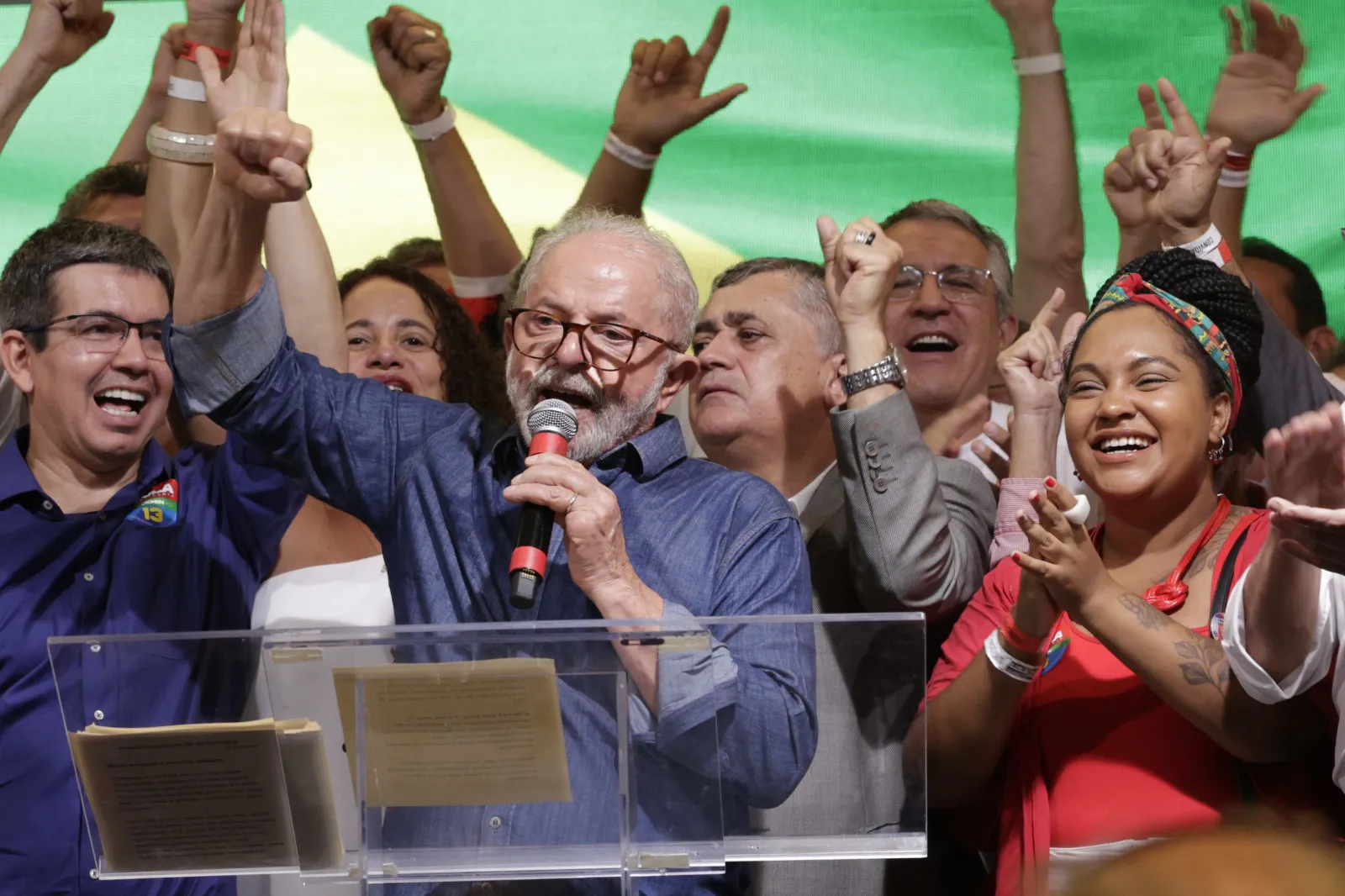
Brazilian voters narrowly decided against a second term for far-right President Jair Bolsonaro at national elections on Oct. 30, opting instead for the return of leftwing former President Luiz Inácio Lula da Silva, who took 50.9% of the vote against Bolsonaro’s 49.1%, according to the official tally.
The result is a stunning political comeback for Lula—as the 77-year-old president-elect is universally known. Lula left office in 2010 with an 83% approval rating, after overseeing an economic boom and a jump in living standards for poorer Brazilians. But in 2017, federal prosecutors implicated Lula in a vast corruption scheme and sent him to prison on charges of accepting a bribe. He, and Brazil’s left, have always denied the allegations, and, in 2021, Brazil’s Supreme Court overturned his conviction, ruling that his right to a fair trial had been compromised. That cleared him to run for president again this year.
“I experienced a resurrection in Brazilian politics,” Lula said on Twitter as he celebrated his victory. “They tried to bury me alive, and now I’m here to rule the country—in a very difficult situation, but I am sure that with the help of the people we will find a way out and restore peace.”
The race was Brazil’s closest-run in three decades. Voters faced a stark ideological choice between Lula, a progressive leftist, and Bolsonaro, a deeply conservative populist who promised to defend Christian values in Brazil. Bolsonaro becomes the first incumbent to lose a re-election bid in Brazil since the 1990s.





















